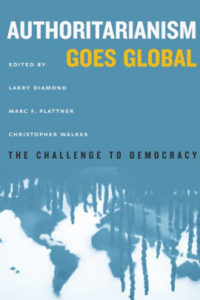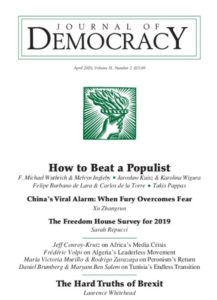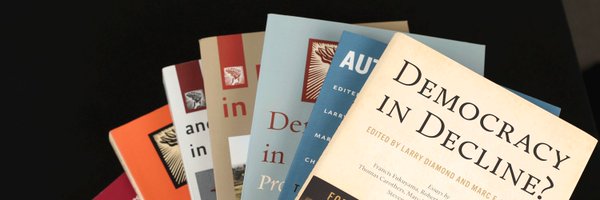 Washington still has the power to prevent Beijing and Moscow from dominating their regions, so long as it rejects advice to cut loose its vulnerable frontline allies. A tougher, more competitive world is unavoidable. A far more dangerous world, divided into competing superpower fiefdoms, is not, notes Hal Brands, Henry A. Kissinger Distinguished Professor of Global Affairs at the Johns Hopkins School of Advanced International Studies (SAIS).
Washington still has the power to prevent Beijing and Moscow from dominating their regions, so long as it rejects advice to cut loose its vulnerable frontline allies. A tougher, more competitive world is unavoidable. A far more dangerous world, divided into competing superpower fiefdoms, is not, notes Hal Brands, Henry A. Kissinger Distinguished Professor of Global Affairs at the Johns Hopkins School of Advanced International Studies (SAIS).
Russia’s and China’s spheres of influence would inevitably be domains of coercion and authoritarianism, he writes for Foreign Affairs, rejecting the view of several analysts who have recently advanced the argument that the United States should make a virtue of necessity—that it should accept Russian and Chinese spheres of influence, encompassing some portion of eastern Europe and the western Pacific, as the price of stability and peace:
Both countries are run by illiberal, autocratic regimes; their leaders see democratic values as profoundly threatening to their political survival. If Moscow and Beijing dominated their respective neighborhoods, they would naturally seek to undermine democratic governments that resist their control—as China is already doing in Taiwan and as Russia is doing in Ukraine—or that challenge, through their very existence, the legitimacy of authoritarian rule.
 The effect of abandoning the Baltic allies or breaking the ambiguous commitment to Taiwan would be to make it impossible for those countries to ward off Chinese or Russian influence and to demoralize other U.S. allies around them, he adds. Washington would be paving the way for authoritarian spheres of influence it should—and can—avoid.
The effect of abandoning the Baltic allies or breaking the ambiguous commitment to Taiwan would be to make it impossible for those countries to ward off Chinese or Russian influence and to demoralize other U.S. allies around them, he adds. Washington would be paving the way for authoritarian spheres of influence it should—and can—avoid.
Today, as authoritarians fortify themselves at home and extend their international reach, and as some democratic leaders adopt a myopic, self-serving, and discriminatory view of their official responsibilities, the world is becoming less stable and secure, and the freedoms and interests of all open societies are endangered, says Sarah Repucci, senior director for research and analysis at Freedom House, a partner of the National Endowment for Democracy (NED).
The tide can be reversed, but delay makes the task more difficult and costly, she writes in The Freedom House Survey for 2019: The Leaderless Struggle for Democracy, an article for the NED’s Journal of Democracy. Rather than putting international concerns on hold while they address problems in their own countries, the citizens and genuine public servants of democracies must apply their core principles simultaneously in both domestic and foreign policy, and stand up for fundamental rights wherever they are threatened. RTWT








